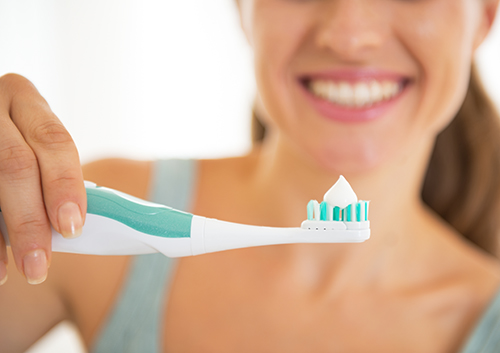Three Valuable Dental Treatments
November 13th, 2024

In our office, we customize treatment for every patient. Amid all of the fillings, crowns, and veneers, we find there are three treatments that are most valuable when offering our patients options: dental implants, bite guards, and teeth whitening.
Dental implants are a great tool for those who have lost teeth from trauma, genetic predetermination, decay, or fracture. Technology and design have allowed these implants to look and function like a natural tooth. They are a great investment when maintaining bone structure and smile presentation.
In our fast-paced lives, people take their stress and tension out on their teeth. Clenching and grinding, or bruxism, is on the rise. This is traumatic to crowns, fillings, and natural teeth. Headaches are a symptom of bruxism and when not treated, jaw joint inflammation and pain are a result. Bite guards are often worn at night when most of the action occurs. Many are not even aware of this habit until presented with evidence of cracked teeth, broken crowns, and pain.
Last, but most definitely not least, is whitening. Tooth whitening is safe and effective. There are different types of tooth whitening: in-office, custom trays, and over-the-counter strips. Each is effective, though at different levels. First, and your best option, is done in the office. The gums are protected and a gel with high potency is applied to the teeth. Some methods have a light shining on teeth and some have timed intervals without the light. Next are custom trays, which require an impression of your bite. Trays are picked up at a later date. At that point, instructions are given and the gel and trays are delivered. A final option is whitening strips, which can be found in many local stores. They are effective, though the whitening process is slower and some areas may not whiten.
Each treatment has risks and rewards that should always be considered prior to any treatment. Implants must be well cared for. Bite guards must be an accurate fit and worn regularly. Comfort is most important. Whitening causes temporary sensitivity and some people’s teeth whiten better than others.
Consider what your needs are, and then customize your wants to fit into the equation. A little stability from implants, protection from a bite guard, and a brilliant smile may be just what the doctor ordered. And if you have any questions, don’t hesitate to call our office, Cataraqui Dental Centre.





